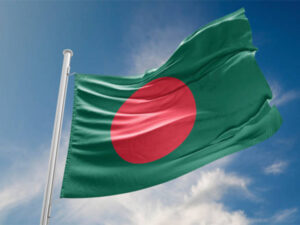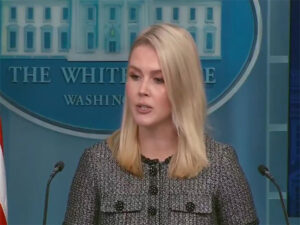US Senate panel approves bipartisan legislation, China to lose Developing Country status
Washington [US], June 13 (ANI): The US Senate Foreign Relations Committee has approved bipartisan legislation that aims to remove China’s “developing country” status. This action by the Senate follows similar legislation passed by the House of Representatives in March.
The legislation known as the “Developing Nation Status Act,” was unanimously passed by the US Senate Foreign Relations Committee. It establishes a US policy against granting China the “developing country” status in future treaties and international organisations.
The legislation directs the Secretary of State to actively pursue changing China’s status to that of a “developed country” in treaties or organisations that allow for such modifications. The Senate’s decision aligns with the House of Representatives previous move.
The Bill’s supporters argue that China’s developing country status provides it with certain privileges within specific organizations or treaties. US lawmakers assert that China can no longer be considered a developing country, given its significant economy, military power, and extensive investments worldwide. They claim that China has been exploiting this designation for an unfair advantage in multilateral negotiations.
The US House of Representatives on March 27, passed the “China is Not a Developing Country Act” with a unanimous vote of 415 to 0. The sponsors of the House bill highlighted China’s exploitation of its developing country status to secure development assistance and loans from international organisations.
China then used its Belt and Road” initiative to extend large loans to infrastructure projects in developing countries, resulting in these nations falling into a debt trap. Lawmakers accused China of diverting funds that should rightfully be allocated to other developing countries and instead financing its Belt and Road Initiative.
Despite being the world’s second-largest economy, China is considered a developing country by certain international organisations, including the United Nations. Developing countries receive preferential treatment in terms of market access, loans, and technical assistance from international organisations like the World Trade Organization and the World Bank.
Developing countries also benefit from favourable treatment concerning issues such as climate change responsibilities.
Director of the Asia-Pacific Security Project at the Hudson Institute and a former official of the US Department of Defense and State Department, Patrick Cronin, emphasised in an interview with Al Jazeera in April that China seeks to exploit its developing country status for its own gain while simultaneously pursuing global hegemony. These two objectives are fundamentally incompatible.
Taking a tough stance against China represents one of the few areas of bipartisan agreement in the US Congress. Numerous bills have been introduced by members of Congress to address competition with the Chinese government. On June 8, the Senate Foreign Relations Committee also passed the Taiwan Protection and National Resilience Act, requiring government agencies to provide reports on US strategies for preparing and responding to a potential Chinese invasion of Taiwan.
Meanwhile, China’s foreign ministry on Friday said it’s not up to the US to decide whether China is a developing country.
China’s status as the world’s largest developing country is rooted in facts and international law, and it is not something that can easily be wiped away by a U.S. congressional bill, Foreign Ministry Spokesperson Wang Wenbin said, according to Global Times.
“The US is not labeling China a ‘developed country’ out of appreciation or recognition for China’s development success. The real motive behind ending China’s developing country status is to hold back China’s development,” Wang Wenbin said during a regular press conference.






